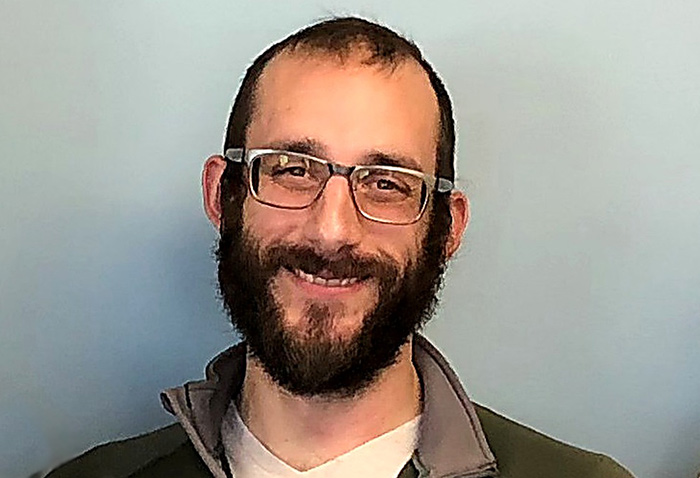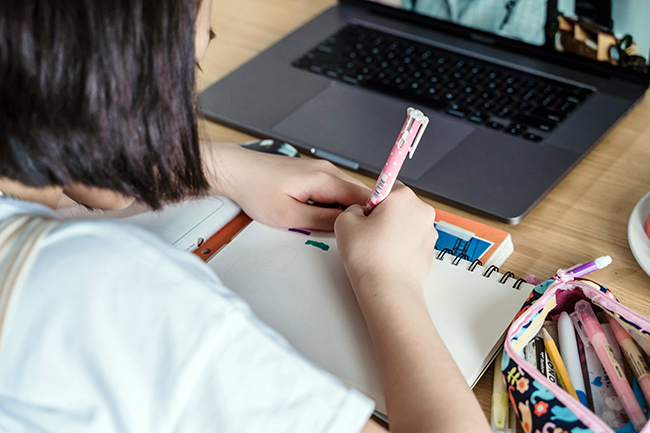Demystifying Sustainability: Read, reduce, reuse, recycle
by Amy Crow, library manager
Have you ever considered how having a public library card is good for our environment?
Amazon is quick and cheap for that new book or movie, but the fuel costs and all those cardboard boxes are hard on the environment; why not reserve the book or film from the library? Then combine a library pickup with a stop at the post office or a pastry run to Some Crust, thereby easing carbon footprints and saving money.
Save on transportation entirely by using digital content on the library’s website, colapublib.org. LA county library card holders have access to thousands of e-books, e-audiobooks, downloadable magazines, movies and documentaries for streaming, and dozens of databases. Thinking about buying a new energy-efficient appliance or an EV? LA county library cardholders can access helpful periodicals like Consumer Reports in the MasterFile database.
The library has subscriptions to Kanopy streaming, which gives cardholders access to thousands of documentaries, as well as many films in the Criterion Collection, for art and indie film connoisseurs and to Lynda.com, for high quality online instructional videos on topics ranging from time management to becoming a 2D animator.
Library services have expanded beyond the traditional books, magazines, movies and programs. Students of all ages can connect with a live tutor online for help with homework or for job-support assistance such as resume or cover letter review. Tutoring is available in Spanish as well as English.
The library offers an accredited, free high school diploma program through Career Online High School for community members planning to finish secondary schooling and preferring a diploma to a GED. And free admission is available with the LA county library card for museums across the region—checkout out the Discover & Go program on the library’s website, hop on the train or bus and explore the rich cultural resources of SoCal.
The public library is also the ultimate in the sharing economy, investing in information resources and loaning them out, free of charge, to all card-holding members of the community. Then the library takes those resources back and loans them to the next customer, reusing the material and reducing customer need to spend money or allocate storage space.
Consider that the library can purchase one book and loan it out 25 (or more) times, which means 24 (or more) books that do not need to be printed, shipped or stored on a climate-controlled bookshelf.
For those, however, who are committed book-buyers: consider donating used books to the Friends of the Claremont Library. The friends accept donations of books for all age groups, DVDs, VHS tapes, music CDs and records.
Also, be sure to check out the great recycled finds at the Friends of the Claremont Library book store, located at the Claremont Library, 208 N. Harvard Ave., before Monday, April 16, when the library will temporarily move to the?Hughes Center.
The library is open Monday through Thursday from 10 a.m. to 7 p.m.; Friday and Saturday from 9 a.m. to 5 p.m. and Sunday from 1 to 5 p.m.
“Demystifying Sustainability” is a project of Sustainable Claremont. Visit sustainableclaremont.org, visit facebook.com/sustainableclaremont or follow them on Twitter @GreenClaremont.








0 Comments